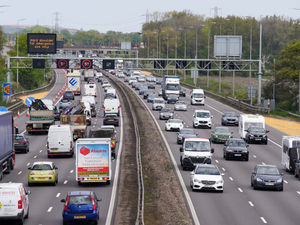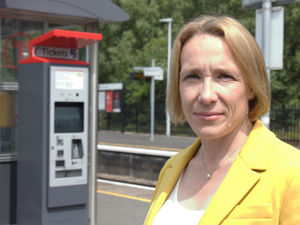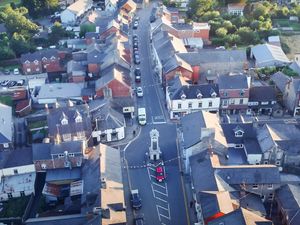HS2 busts budget by nearly another £1 billion in latest setback
HS2 has bust its budget again – this time by nearly £1 billion – after asbestos was found during early construction works.
Ministers say an extra £800 million will be added to the bill for first phase of the controversial line between London and Birmingham.
Estimates of the cost of the first section of HS2 range between £40bn and £45bn, with the whole line expected to cost northwards of £106bn – triple its original budget.
The need for extra cash came just two months after construction work began on the line, which is expected to open in 2029.
It was revealed in the Government's six-monthly update on HS2 to MPs.
Ministers said the cash would cover the costs of more asbestos being discovered, and complications with bringing the railway into the new hub at London Euston.
The overspend does not include the impact of the coronavirus pandemic, which is expected to drive up costs further.
Controlling
The Department for Transport (DfT) said it was "relentlessly focused on controlling costs", and still expects HS2 Ltd to complete the first stretch of the railway within its target.
HS2 and the DfT has in the past faced accusations of misleading the public over the cost of the line.
A letter written in May 2016, by the then Transport Secretary Patrick McLoughlin, showed that the project was over budget, yet Ministers continued to publicly quote an inaccurate cost for years afterwards.
HS2 Ltd has denied allegations from former directors that the scheme's spiralling costs had been covered up.
The Covid-19 pandemic has ramped up pressure on Ministers to rethink the line.
Some MPs argue that changing working patterns mean the extra capacity created by high speed rail is no longer needed.
And concerns have continued to be raised over damage to the environment, with ancient woodlands in Staffordshire among those to have been destroyed during the phase one works.
This week it emerged that high speed rail in Japan is facing a crisis, with passenger numbers on the famous bullet trains plummeting due to the virus.





